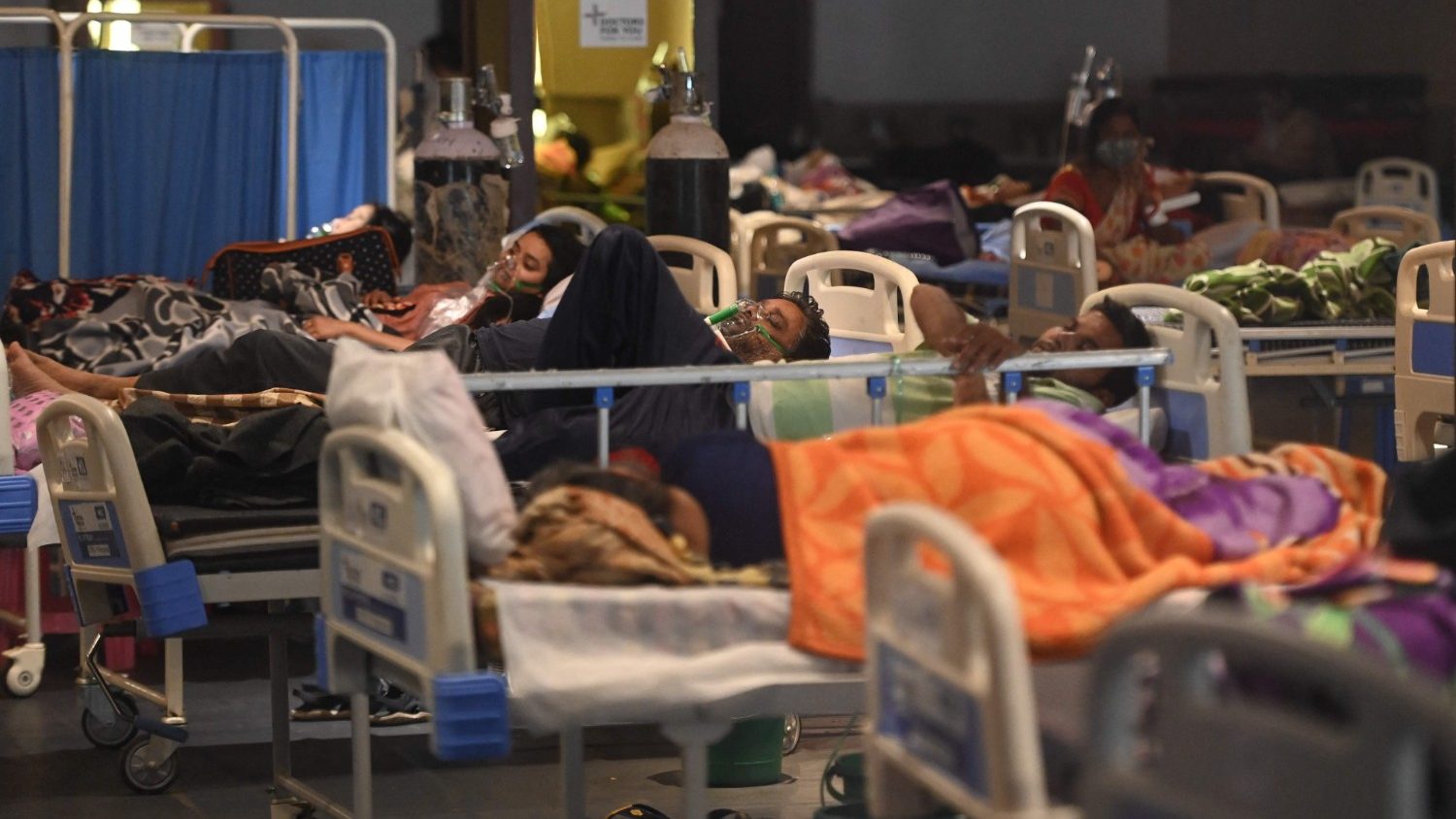India, COVID and denied compensation: 2 million deaths ignored in official data
MP John Brittas calls for compensation for relatives of Covid deaths in light of new Civil Registration System (CRS) data. “Thousands of claimants excluded.” There is a “disturbing discrepancy” between the government’s official tally and the actual number of deaths. Gujarat’s death toll is 33 times higher. The government is estimated to have saved around €1 billion.
New Delhi (AsiaNews) – Citing new data from the Civil Registration System (CRS), John Brittas, a Member of Parliament from the Communist Party of India (Marxist), has highlighted a “disturbing discrepancy” between the Indian government’s official COVID-19 death toll and the actual number of fatalities during the pandemic. In a letter to the Health Minister, Brittas urged “urgent instructions for a comprehensive nationwide audit to determine how many families received ex gratia compensation compared to both the official death count and estimated figures.”
The CRS data released on May 7, 2025, confirmed a massive undercount of COVID-related deaths in 2021, revealing around 2 million excess deaths compared to the official figure of 330,000—at least six times higher than what was reported. The government had also delayed the release of the 2021 data, which was the peak year of the pandemic.
In his letter dated May 13, Brittas referred to the Supreme Court’s order from October 4, 2021, which mandated state governments to pay 50,000 rupees (approximately 500 euros) to the next of kin of individuals who died from COVID-19. The Court emphasized that this compensation should be in addition to any other aid provided under existing relief programs. Brittas called the Court’s ruling “an act of national solidarity” and stressed that its true intent can only be fulfilled through transparent implementation.
“Compensation must be extended to all legitimate and verifiable next of kin,” the MP wrote. But without proactive outreach, legal aid, or victim identification, “thousands of deserving claimants continue to be excluded.” Many potential beneficiaries are unaware of the program or lack the means to navigate the bureaucratic process. Brittas, a member of the Rajya Sabha (Upper House), questioned how many of the families counted among the deceased actually received the mandated compensation.
He asked, “Has there been any effort to identify and assist those whose loved ones died during the pandemic but whose deaths were not officially recorded as COVID-related due to testing limitations, medical ambiguities, or bureaucratic oversights across various states?” Brittas called for “a transparent and inclusive mechanism to ensure that compensation reaches all next of kin reflected in the excess mortality data,” along with “less rigid documentation requirements, where necessary, and a robust appeals process.”
Gujarat leads in underreporting, with excess deaths estimated to be 33 times higher than the official toll. This undercount has deprived millions of families of compensation, saving the government an estimated ₹10,000 crore (around 1 billion euros). Marginalized communities have borne the brunt of these unrecognized deaths. While not all excess deaths may be directly attributed to COVID, the timing and scale strongly suggest the virus was the primary cause.







.png)










